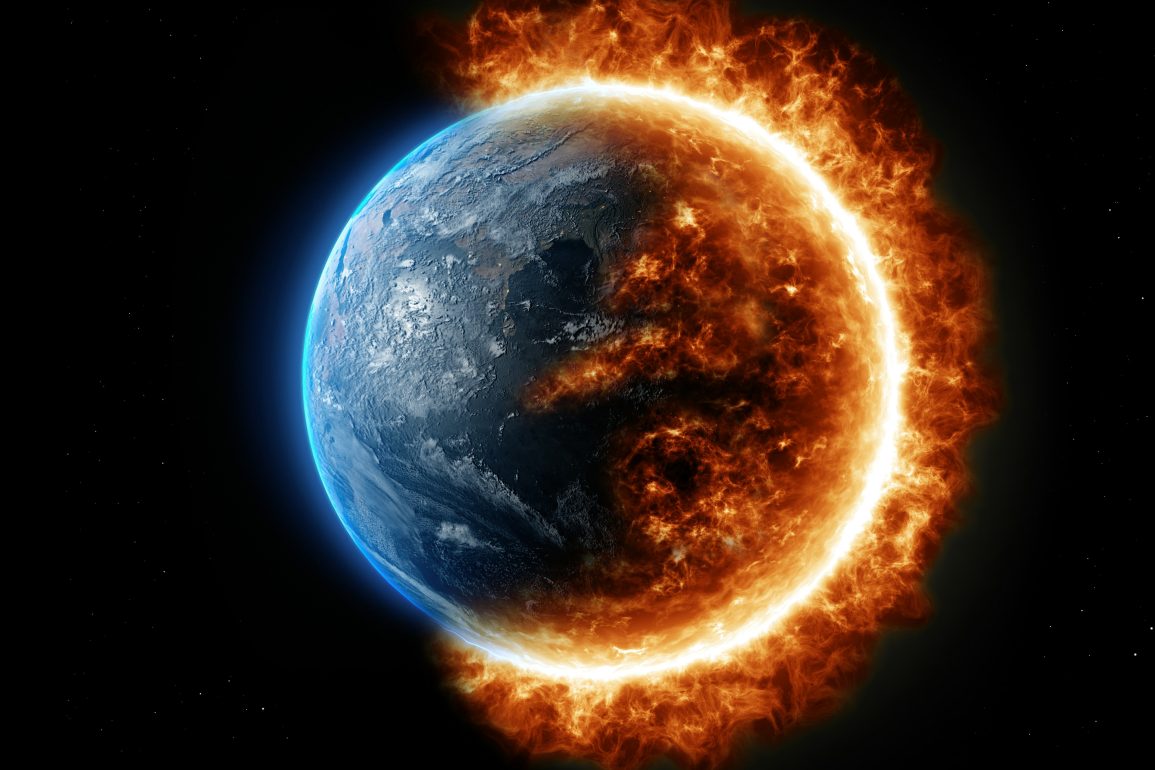The summer of 2023 was a record-breaking season, marked by unprecedented global temperatures and extreme weather events.
According to the EU’s Copernicus Climate Change Service (C3S), June, July, and August saw an average global temperature of 16.77°C, surpassing previous records. This temperature was 0.66°C above the 1991-2020 average and 0.29°C higher than the previous record set in 2019.
August 2023 was notably 1.5°C warmer than the preindustrial average (1850-1900), highlighting that the goal of limiting global warming to 1.5°C is becoming increasingly difficult. Extreme heatwaves, wildfires, and floods affected many regions, including the Americas, Europe, India, Japan, and China, causing significant destruction.
UN Secretary-General António Guterres emphasized the severity of the climate crisis, pointing out that the impact of fossil fuel consumption is accelerating climate breakdown.
The oceans also experienced record-high temperatures, with the North Atlantic Ocean reaching a new record of 25.19°C on August 31. Additionally, the Antarctic Sea ice extent was unusually low.

Samantha Burgess from C3S noted that 2023 set new temperature records across June, July, and August, marking the warmest northern hemisphere summer since 1940.
Dr. Friederike Otto from Imperial College London highlighted that climate change significantly intensified weather events this summer, with wildfires and heatwaves being exacerbated by global warming.
Studies indicated that the extreme conditions experienced in places like Quebec, Europe, and North America were made more likely and severe by climate change. In the UK, the heatwave forecast was deemed five times more probable due to the climate crisis, with cities expected to see temperatures over 10°C above the 1991-2020 average.
The forthcoming global stocktake by the UN’s climate change body is anticipated to reveal a grim outlook, with the world falling short of the Paris Agreement’s target to limit warming to 1.5°C. Projections suggest a potential increase of around 2.5°C, which could have catastrophic effects given the already significant impacts of 1.2°C of warming.
Experts, including Prof. Mark Maslin, stress that the situation demands urgent action to reduce carbon emissions. The upcoming COP28 conference in December is seen as a critical moment for international leaders to address the climate crisis effectively.

